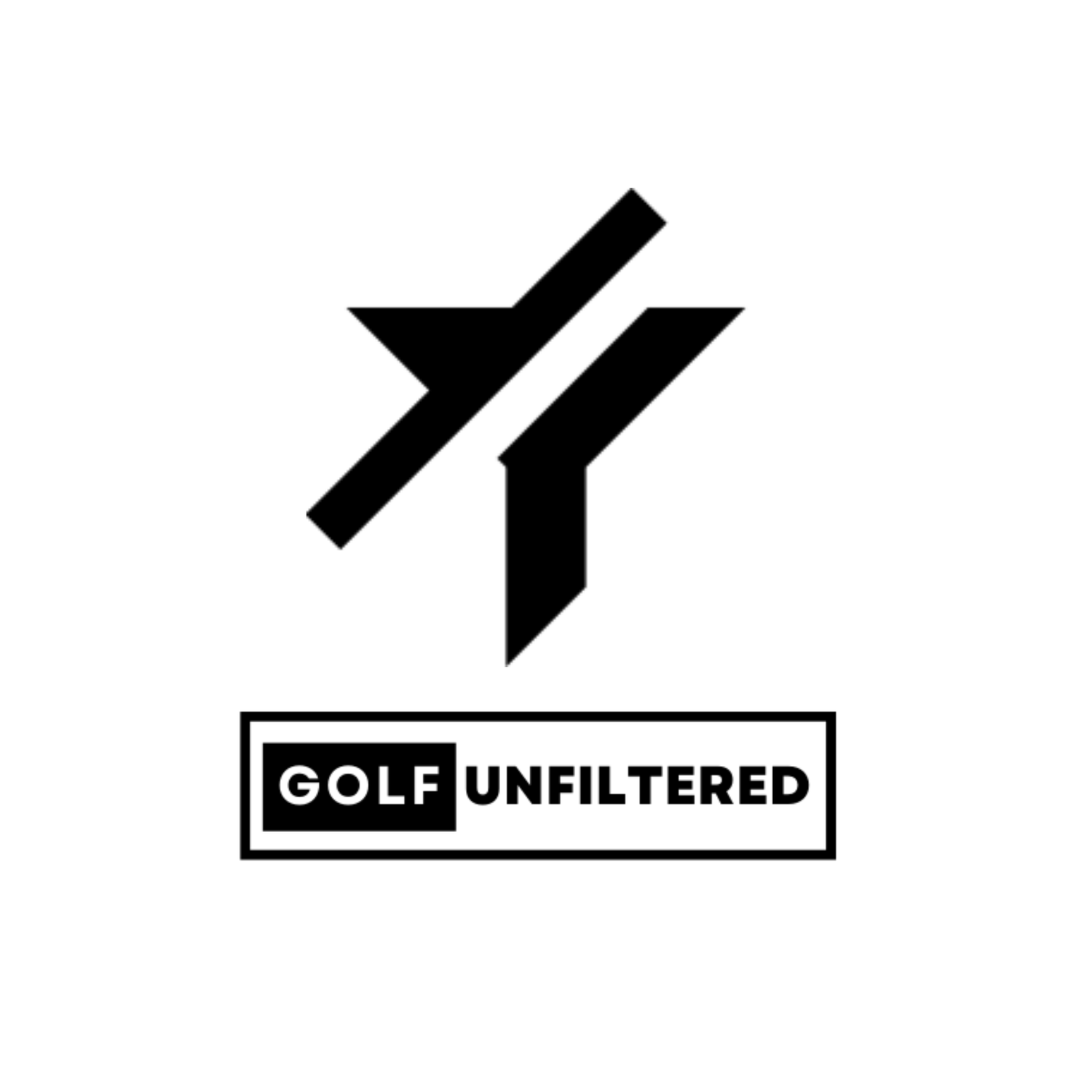TWIGB: Myths and Risks of the USGA Handicap Rule Change
The United States Golf Association's (USGA) recent rule changes to its handicap system for 2016 may seem as nothing more than an annoyance to solo-golfers, but also open the door to far greater risks throughout the industry. However, there are also a number of myths perpetrated by a knee-jerk overreaction to the rule changes. Here I will examine these risks and myths and how severe - or trivial - each will be to amateur golf.
(Note: in the spirit of transparency, I do not maintain a current USGA handicap.)
Golf participation will drop because of the rule change (MYTH)
Upon hearing he USGA's decision that solo golf rounds will no longer count towards your registered golf handicap, my first thought was whether this will dissuade golfers from teeing it up by themselves. Simply put, it won't.
When I maintained a handicap at a park district course near my home, I loved nothing more than to run out of the office and onto the tee box for a quick nine holes (or 18 in the summer). Like many golfers, I became obsessed with lowering my handicap; however, since I never play in tournaments or money games, my GHIN was nothing more than a vanity. I just wanted to say I was a "single-digit handicap."
Nothing has changed in that regard. The USGA's decision won't keep me from playing nine holes after work by myself when I can, even if those scores "won't count." Based on the National Golf Foundation's yearly participation metrics, which suggest participation has hovered around 25 million golfers annually since 1995, the rule change won't keep you from playing, either.
Average handicap indexes will rise (RISK)
As Ryan Ballengee at Golf News Net correctly points out, many golfers will experience an inflation of their handicap index as a result of the rule change. But is that really a big deal?
If you are hard-pressed for time throughout the golf season -- which covers basically everybody who isn't a pro -- you're likely to only play once a week at most. Personally, I've only played 25 times this entire season, and I don't even have kids. About 25 percent of those rounds were solo. Toss those rounds out the window and my number of valid score entries drops considerably. Over time old score postings will drop off my GHIN record, and my handicap will rise.
I no longer have a handicap index that is representative of my actual ability. So what's the point?
According to the USGA's website, the highest volume of golfers (5.72 percent) fall within the 12.0 - 12.9 index range. Over 48 percent of all golfers have an index that's lower (better). Since participation volume will remain about the same, a huge chunk of all golf rounds will no longer yield valid scores (solo rounds). The national handicap average will artificially rise independent of player skill.
Suddenly, the USGA system cannibalizes itself. Indexes become meaningless.
Golf equipment sales will suffer (RISK)
Why do you buy a new piece of golf equipment? Most of us want to score better. But what happens when the most widely-accepted golf score tracking mechanism becomes less user-friendly? You'll become less likely to buy new equipment.
Every single piece of golf equipment I've reviewed on this site was accompanied by a press release from the manufacturer. Each included language that promised to lower your score in one way or another. If a quarter of my golf round scores are no longer valid, making any improvement of my scores harder to track officially, the promise of "lowering my score" becomes a weaker selling point.
True, I'll know if I'm shooting better scores with new equipment. But if I want that trend to show up in my handicap index, I'll need to shoot lower scores every time I play and with at least one pair of eyes on me as I do it. Adding variables to a sport as complicated as golf isn't the way to make it more attractive to beginners.
Golf equipment sales will be based even more on vanity features like distance increases, spin rates and adjustable parts. Score improvement won't matter as much.
The USGA rule change solves a major problem (MYTH)
Does anyone know the actual problem the USGA is trying to solve with this rule change? Is sandbagging really that big of an issue? And if so, how does this change remedy the issue? It isn't and it doesn't.
Think back to the last time we had a major handicap scoring scandal in a high-profile amateur tournament. Remember all of the turmoil and anguish it caused? No, you don't. BECAUSE IT NEVER HAPPENED.
All this rule change addresses is the vast minority of country club members who purposefully inflate their GHIN to get an advantage at their club championship or next twilight golf hit-and-giggle. According to the NGF, the largest percentage of all golfers (27 percent) have an annual household income of more than $125,000. You know, the group most likely to afford a country club membership.
Sandbaggers gonna sandbag, yo. This solves nothing.




